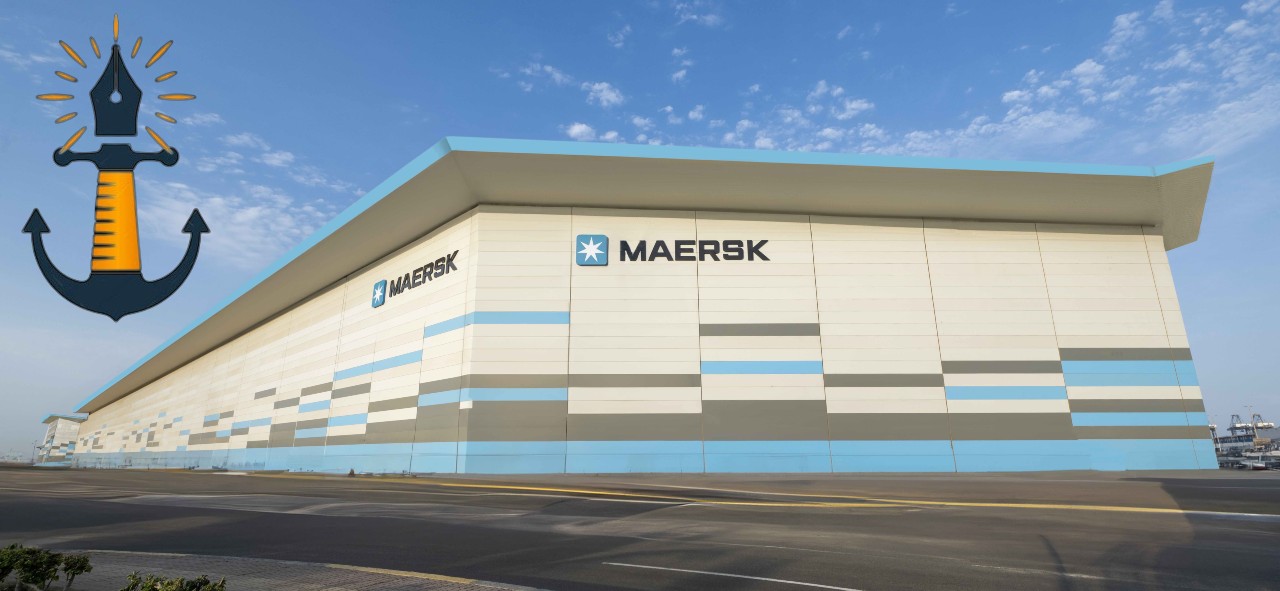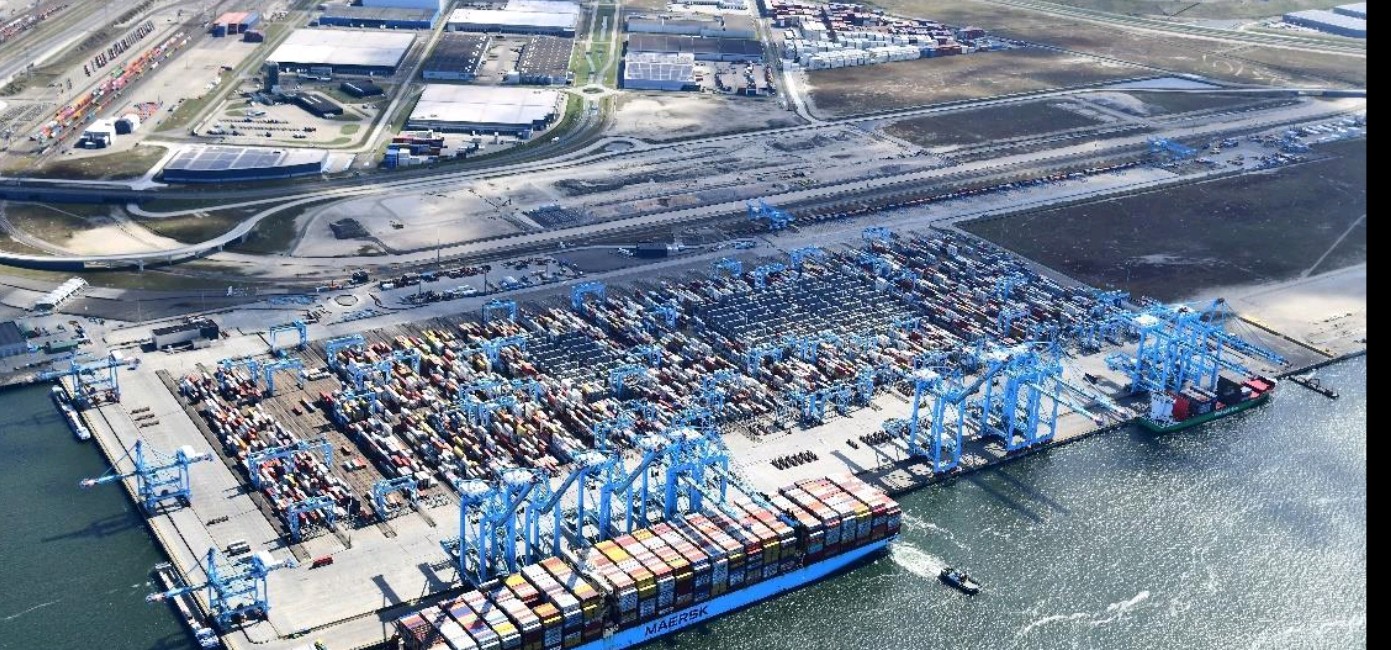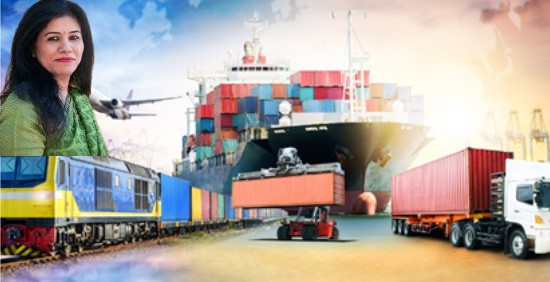Jeddah : In a major development for the Maritime industries logistics industry in the Middle East, A.P. Moller – Maersk (Maersk) has inaugurated its largest single-site Logistics & Services facility at Jeddah Islamic Port, Saudi Arabia. Spanning 225,000 square meters and backed by a significant investment of 250 million USD, this new logistics park is poised to redefine the region’s supply chain capabilities and bolster Saudi Arabia’s strategic position in global trade.
Strategic Importance and Regional Impact
The opening of the Maersk Logistics Park at Jeddah Islamic Port marks a pivotal moment in the Kingdom of Saudi Arabia’s ambitions to strengthen its logistics sector in alignment with Saudi Vision 2030. The facility will serve as a crucial hub, providing integrated logistics solutions that connect ocean, land, and air transport seamlessly. This move is expected to significantly enhance the efficiency of supply chains across various industries, including FMCG, automotive, petrochemicals, and pharmaceuticals, among others.
His Excellency the Minister of Transport and Logistics Services, Engineer Saleh bin Nasser Al-Jasser, highlighted the facility’s role in supporting economic growth by facilitating trade and exports, and enhancing the operational performance of Saudi ports. The new logistics park is set to elevate Jeddah’s status as a key gateway for global trade, contributing to the Kingdom’s growing maritime connectivity.
Technological Advancements and Sustainability Initiatives
Maersk’s commitment to sustainability is evident in the design and operations of the Jeddah facility. The logistics park will draw 70% of its electricity from 32,000 solar panels installed on its rooftop, contributing to Maersk’s broader goal of achieving Net Zero greenhouse gas emissions by 2040. Additionally, the facility will use electric equipment, LED lighting optimized with sensors, and electric trucks, positioning it as a model for eco-friendly logistics operations.
Vincent Clerc, CEO of A.P. Moller – Maersk, said, “The Maersk Logistics Park represents a significant milestone for Maersk. It is a testament to our commitment to be an enabler of global trade in the Kingdom of Saudi Arabia, which sits strategically at the crossroads of three continents.” He added, “I am proud to see that our Logistics Park in Jeddah has become a living example of our integrated logistics strategy, supporting our customers with resilient logistics while implementing the right initiatives to take our decarbonisation journey forward.”
Ahmed Kadous, Unilever, commented during the inauguration, “Through our strategic partnership with Maersk, we are now consolidating our logistics operations into one hub, which will help reduce our energy consumption and CO2 emission, moving us closer to Unilever’s sustainability ambition of achieving Net Zero emissions across our value chain by 2039. We will continue to harness the power of our brands, our people, and our partners through collaborative actions that will positively impact societies and the planet.
Maritime News Analysis
Impact on Competitors and Regional Dynamics
The opening of this state-of-the-art logistics park is likely to shake up the competitive landscape in the Middle East’s logistics sector. Competitors such as DP World, Aramex, and Agility may face increased pressure to innovate and expand their operations to maintain market share. The advanced capabilities and strategic location of Maersk’s facility give it a significant competitive edge, enabling it to offer superior logistics solutions to a wide range of industries.
Benefits for Businesses and Consumers
For businesses, the Maersk Logistics Park offers a range of benefits, including multimodal connectivity, temperature-controlled warehousing, and streamlined customs clearance processes. This will lead to faster, more reliable supply chains, reduced costs, and enhanced market access. For consumers, these improvements translate into better product availability, quicker delivery times, and potentially lower prices.
Implications for India’s Logistics Parks
The opening of Maersk’s Jeddah facility also has significant implications for India’s logistics sector. While Indian logistics parks might see an opportunity to collaborate or benchmark against Maersk’s state-of-the-art operations, there could also be competitive threats. The Jeddah facility’s strategic location at the crossroads of three continents could divert some trade flows away from India, especially in the growing e-commerce and automotive sectors. Indian logistics companies may need to accelerate their infrastructure development and technological advancements to remain competitive on the global stage.




